Experience relaxation and peace in your Portsmouth backyard with our proven mosquito control solution. Trusted by families in Portsmouth, our innovative approach not only reduces mosquito activity but also establishes a durable barrier tailored to your outdoor environment. Mosquito Shield of Strafford County is dedicated to enhancing your outdoor spaces, so you can enjoy them without interruption.
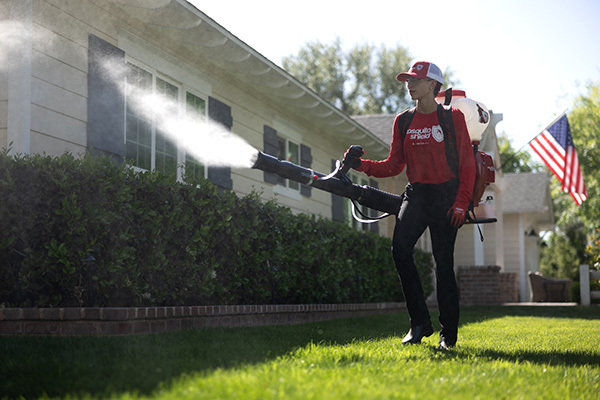
Effective mosquito control in Portsmouth, that drives mosquitoes away and keeps them out of your yard.

Enjoy mosquito-free outdoor time in Portsmouth with treatments designed to provide lasting results.
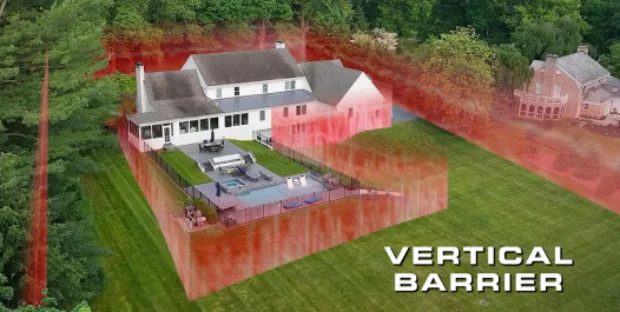
Highly rated mosquito control services in Portsmouth, trusted by residents to enhance outdoor living.
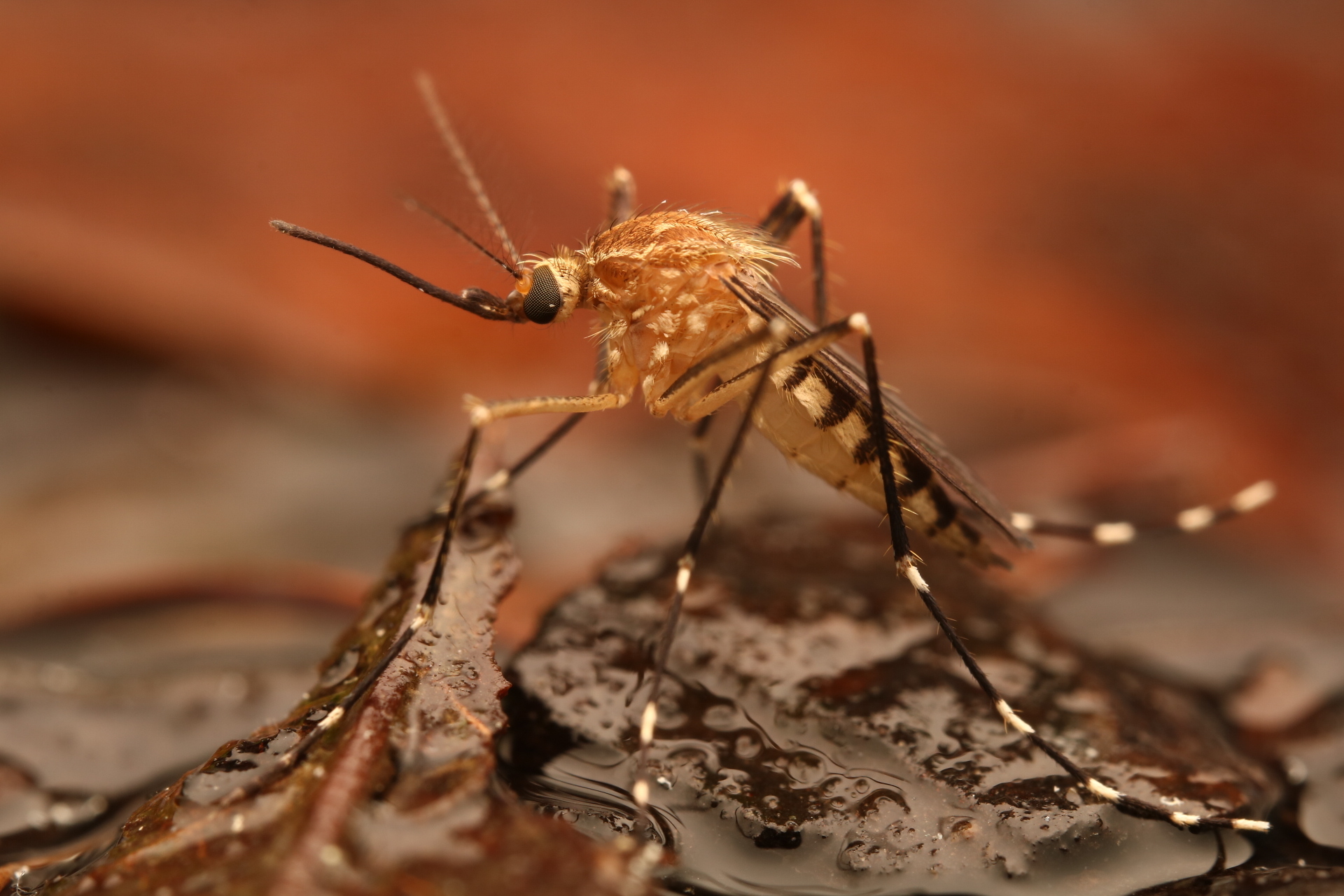
Identification: Dark mosquito with white bands on the legs and a white-scaled abdomen.
Habitat: Frequently found in Strafford’s forested wetlands and temporary woodland pools that form after spring rains.
Behavior: Active during the day; prefers shaded, wooded areas.
Health Risks: Known to cause itchy bites and may carry Eastern Equine Encephalitis (EEE) in the Northeast.
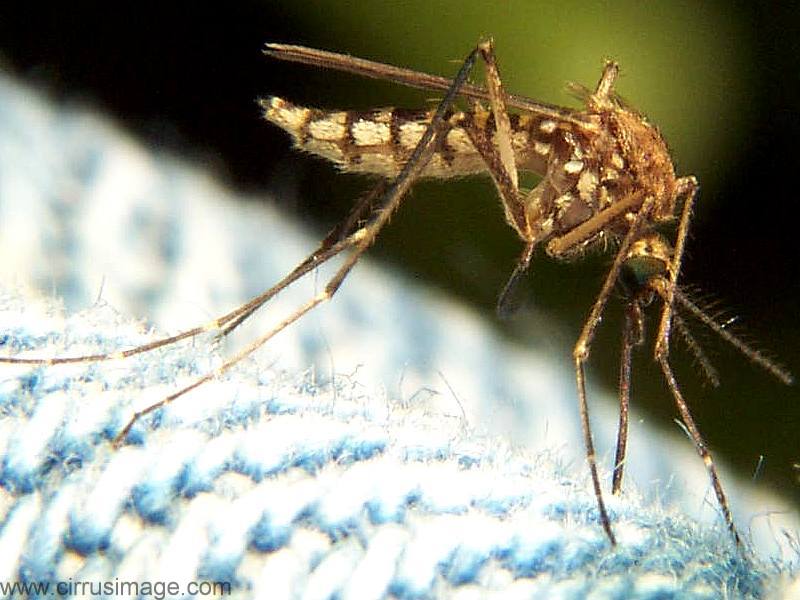
Identification: Brownish mosquito with white banding on the legs and abdomen.
Habitat: Common after heavy rain; breeds in floodwaters, roadside ditches, and wet fields.
Behavior: Aggressive twilight and evening biter.
Health Risks: Not a major disease carrier in New Hampshire but can cause significant discomfort.
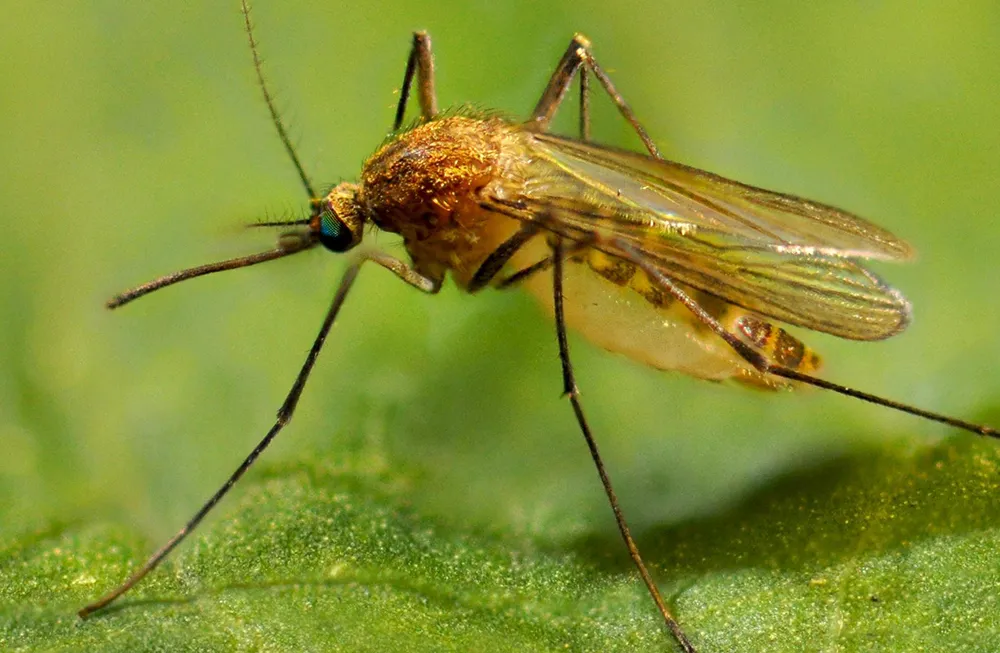
Identification: Light brown with darker abdominal bands.
Habitat: Breeds in stagnant water—rain barrels, gutters, catch basins, and old containers.
Behavior: Bites at night; often found near homes.
Health Risks: Can transmit West Nile virus and other arboviruses in the Northeast.

Identification: Slender, dark mosquito with speckled wings and long legs.
Habitat: Prefers clean, slow-moving water like streams and spring-fed ponds common in rural Strafford.
Behavior: Most active at dusk and dawn.
Health Risks: Former malaria vector; still causes itchy bites and thrives in semi-rural areas.

Portsmouth, New Hampshire, is a vibrant city in Rockingham County that we are proud to serve with our professional mosquito control solutions. Known for its rich history, thriving cultural scene, and picturesque waterfront, Portsmouth offers a unique blend of urban energy and small-town charm. With its proximity to the Piscataqua River and surrounding coastal areas, the city boasts stunning natural beauty and ample opportunities for outdoor activities.
Portsmouth’s beautiful surroundings come with challenges, as its greenery and waterways contribute to increased mosquito activity.
To tackle these challenges, Portsmouth has adopted measures such as:
As a trusted mosquito control provider, we work with the residents of Portsmouth to manage mosquito activity through expert treatments and tailored recommendations. Steps like addressing standing water and scheduling professional mosquito control treatments are crucial in controlling mosquito populations. Together with community efforts, our solutions help ensure that Portsmouth remains an inviting place to live, work, and enjoy its coastal beauty.

The weather in Portsmouth, New Hampshire, significantly influences the seasonal activity of mosquito and tick populations. Warm, humid summers promote mosquito activity, particularly after heavy rains that create standing water. Ticks are most active during the spring and fall when moderate temperatures and abundant vegetation create ideal conditions for them to thrive. In winter, activity typically decreases due to freezing temperatures, although unseasonably warm winters or wet springs can extend active seasons, raising concerns about mosquito and tick presence. Professional mosquito and tick treatments are crucial for managing these challenges, allowing residents to enjoy their outdoor spaces year-round.
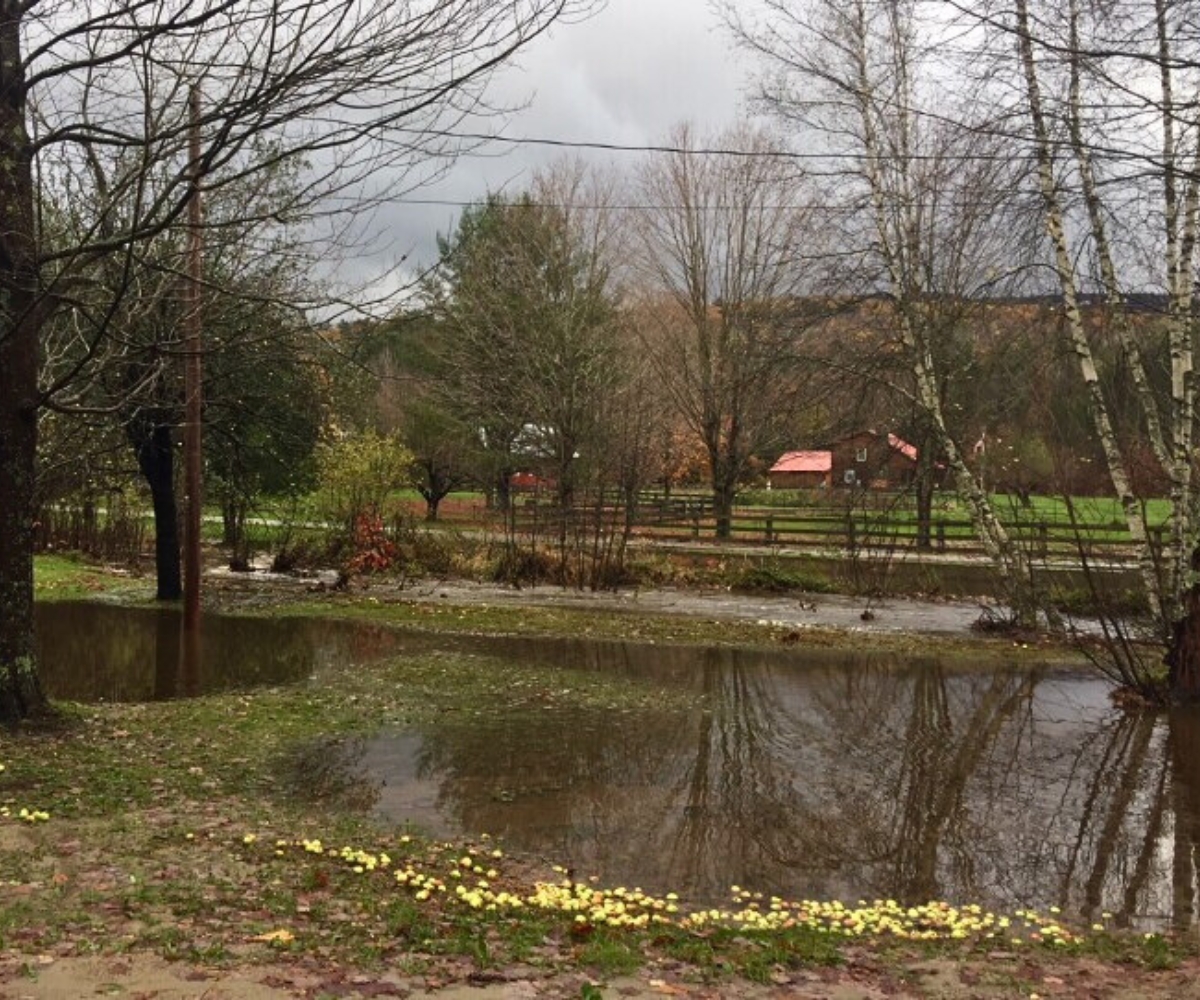
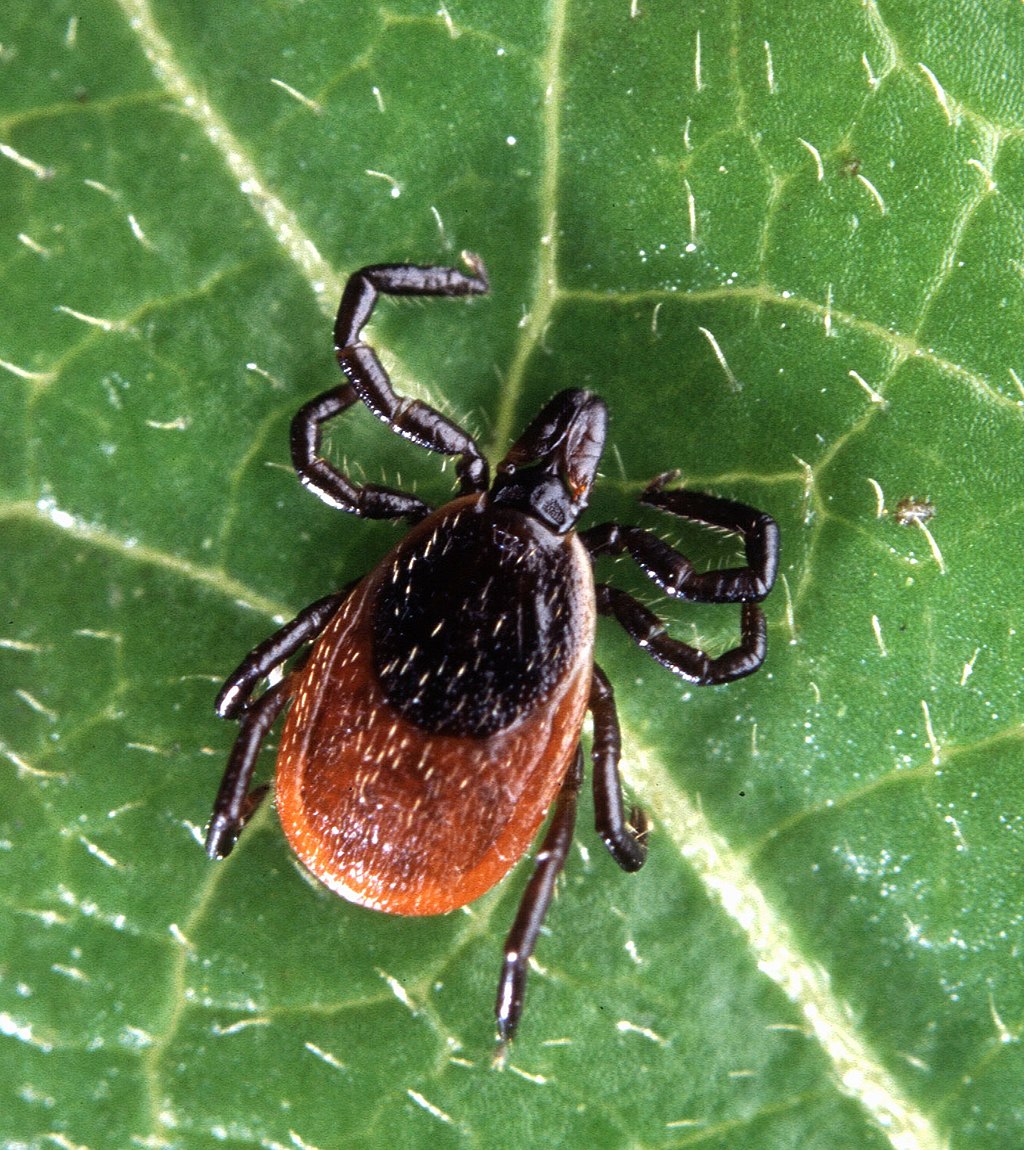
Deer ticks are a major concern across Portsmouth and the Seacoast region. They thrive in wooded areas, leaf litter, and shaded lawns. Adult ticks are about the size of a sesame seed, and nymphs—active during late spring and summer—are even smaller.
These ticks are the primary carriers of Lyme disease in New Hampshire and can also transmit anaplasmosis, babesiosis, and Powassan virus. Regular tick checks and treating outdoor areas are essential for Portsmouth residents, especially near wooded trails and stone walls.
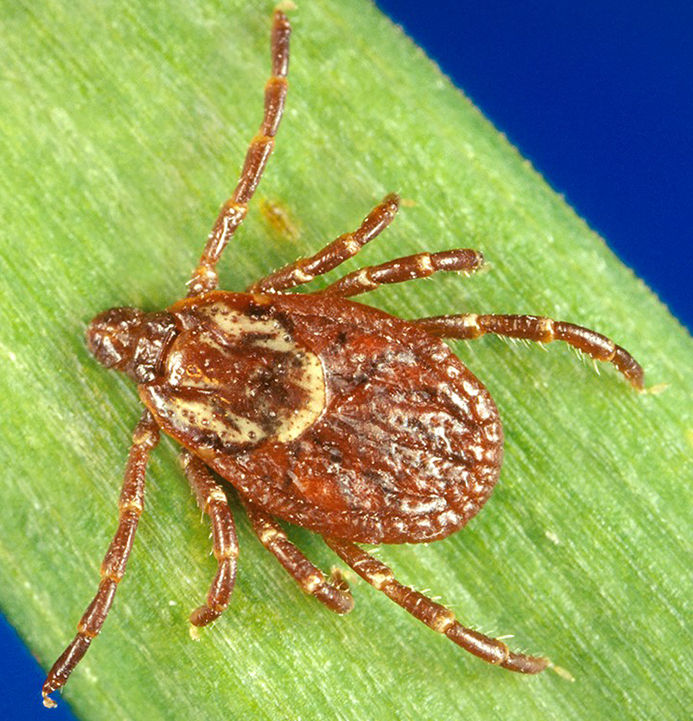
These larger reddish-brown ticks have white markings on their backs and are often found in grassy areas, fields, and along hiking paths.
Though they don’t carry Lyme disease, they are known vectors for Rocky Mountain spotted fever and tularemia. Pet owners in Portsmouth should be especially vigilant in spring and early summer, when these ticks are most active.
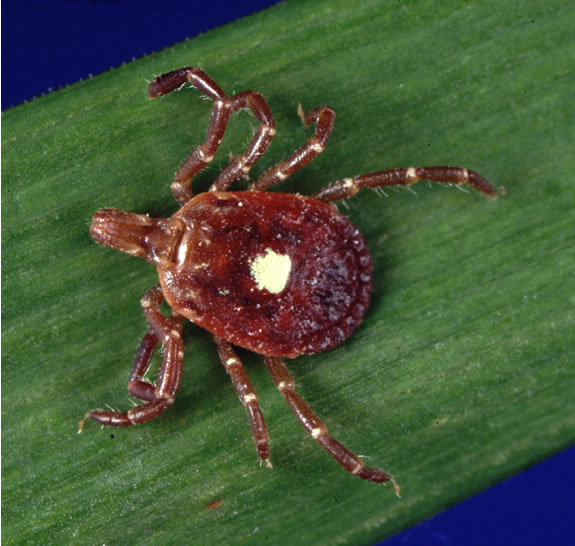
Though historically more common in the South, Lone Star ticks have been increasingly reported in southern and eastern New Hampshire. Females are identified by a distinct white dot on their backs.
They prefer dense underbrush and shaded forest edges and may cause bites that trigger allergic reactions to red meat (alpha-gal syndrome). Their expanding presence in Portsmouth highlights the importance of proactive tick awareness and prevention measures.
